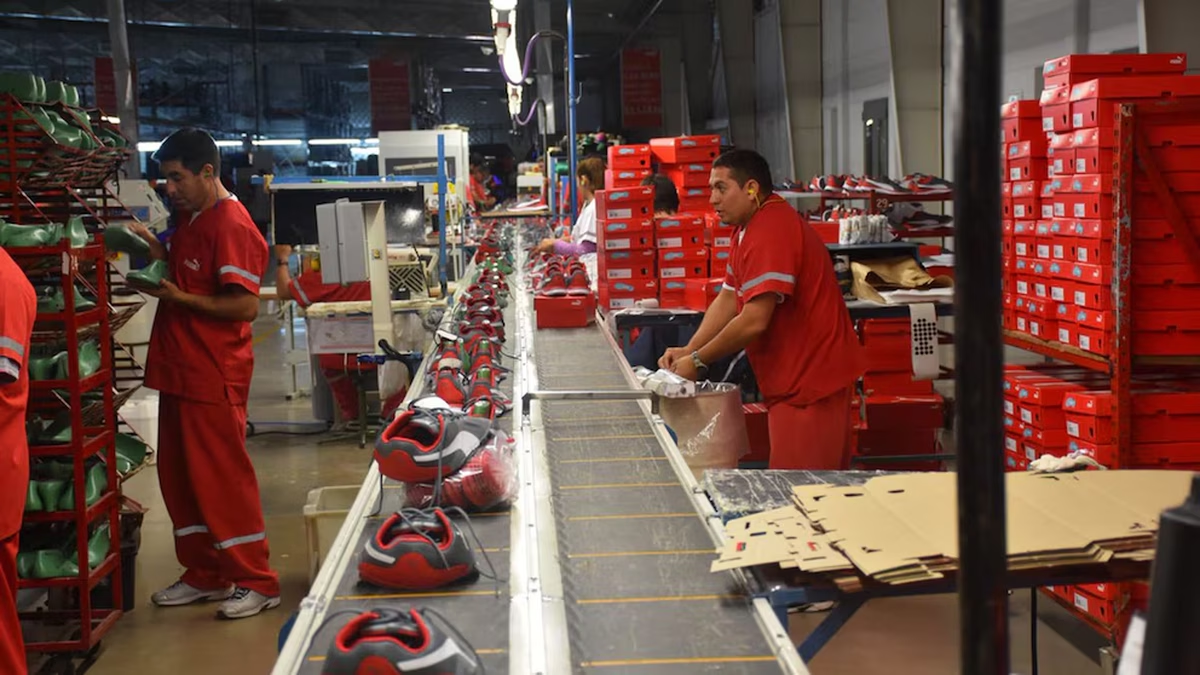The company and the guild reached an agreement with the mediation of the Secretary of Labor of La Rioja. The firm promised not to execute layoffs this year.
Last week, the Puma Sporting company fired 25 workers in their plants La Rioja and Chamical, in the midst of a crisis that affects the entire footwear industry in Argentina. The measure generated a strong rejection by the guild and a growing concern among workers, who feared new decisions in the short term.
The content you want to access is exclusive to subscribers.
However, after intense negotiations with Union of workers in the footwear industry (UTICRA) and the intervention of the provincial government, an agreement was reached that slows off the layoffs and establishes a reduction of one hour in the daily workday.


They stop layoffs in the Puma factory
The footwear industry in Argentina faces a deep crisis due to the opening of imports and the fall of consumption, factors that hit national factories. As an example, the Brazilian firm Dass recently closed its production plant in Coronel Suárez, Buenos Aires, leaving 360 operators without employment. Despite the attempts of the provincial government to reverse the decision, the company ratified its transfer to its other plant located in Eldorado, Misiones.
In the case of Puma, uncertainty grew among the employees of their Rioja plants, who feared more dismissals due to the drop in demand and increased operating costs. In front of this panorama, the Ministry of Labor of La Rioja managed to mediate between the company and the union to reach a conciliation.
Puma.jpg

For a year, they reduce the working day and salary in one hour will be paid in proportion to the hours worked.
Reuters
“When imports are opened, lowering the consumption of products and other issues, these inconveniences are generated. For the purposes of not carrying out dismissals, this agreement is made where for a year the workday and salary will reduce in an hour the salary will be paid will be paid In proportion to the hours worked.
The truth is that the situation of the sector is still delicate. Many factories operate to less than half of their productive capacity, while footwear imports grew approximately 50% in the last year. According to the Chamber of the Footwear Industry (CIC), national production fell 15% and sales were reduced by 20%, aggravating the panorama. Entrepreneurs of the item indicate that manufacturing in Argentina is increasingly expensive due to high taxes, operational costs and difficulties in accessing financing, which makes importation a more profitable option, although harmful to local industry.
Source: Ambito




